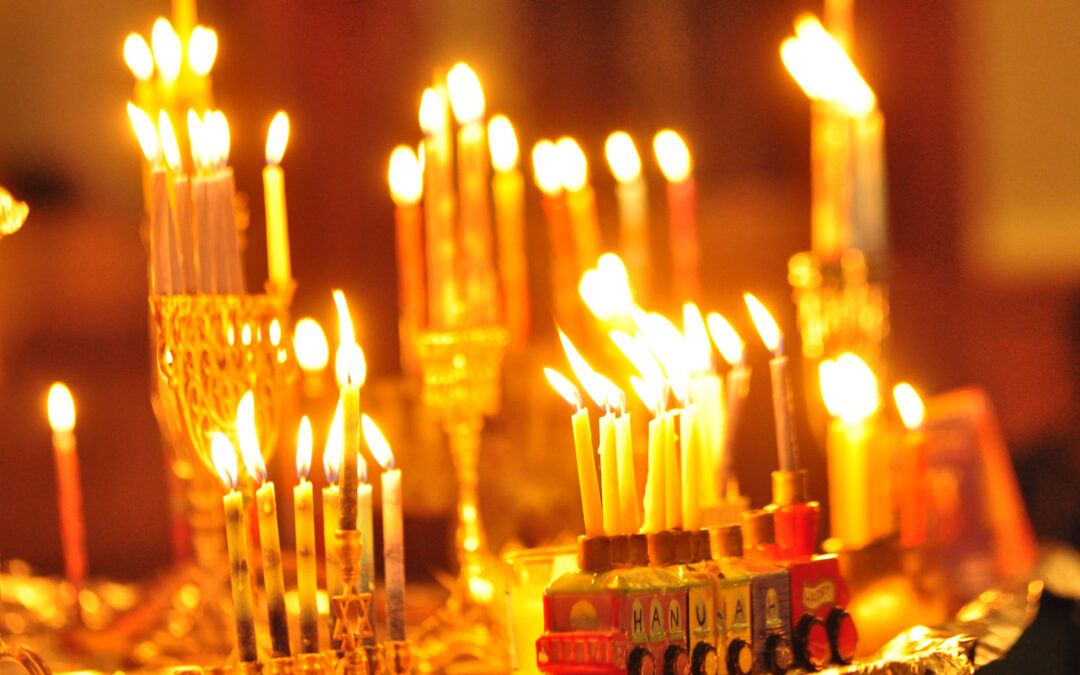By Oklahoma Heritage Association, Gaylord-Pickens Museum – Author, CC BY-SA 3.0, https://commons.wikimedia.org/w/index.php?curid=25656727
Live Long and Prosper?
January 5, 2022 began the third year of the seven and a half-year cycle of Daf Yomi, the practice of reading a page of Talmud each day until the entire work is complete. At the moment, we’re in Tractate Megilla, which discusses megillat(the scroll or story of) Esther, along with other sacred writings. But as I like to say, the Talmud goes off on more tangents than I do, and embedded in a discussion about whether or not it’s permitted to sell a synagogue, comes a discussion about aging and longevity.
Remember the Danon Yogurt commercials that showed 100-year old people eating the yogurt and attributing their long lives to it? Or, the myriad studies that have come out about the eating habits and lifestyles of people in “Blue Zones,” areas where they live longer lives? The Sages of the Talmud have some advice, and none of it involves yogurt, or “clean, clear spring water, and a stuffed cabbage,” a la Mel Brooks’ 2000 Year-Old Man.
The Talmud here (Megilla 27b-28a) focuses on mitzvot and middot; following the commandments and being of good character. Various rabbis over the centuries are asked the secret of their longevity.
Rabbi Elazar ben Shammua said, In all my days, I never made a shortcut through a synagogue. Rabbi Perida said he was always the first to arrive at the study hall. Rabbi Nehunya ben HaKana said, “In all my days, I never attained veneration at the expense of my fellow’s degradation. Nor did my fellow’s curse ever go up with me upon my bed, and I was openhanded with my money.
In a similar incident, Rabbi Yehuda HaNasi once asked Rabbi Yehoshua ben Korḥa: In the merit of which virtue were you blessed with longevity? He said to him: Why do you ask me, are you wearied of my long life? Rabbi Yehuda HaNasi said to him: My teacher, it is Torah and so I must learn it.
Our ancient sages had senses of humor as well, but Rabbi Yehoshua ben Korha has a point; at what point does life become wearying? When does the joy go out of our lives, and when does a long life become a too-long life? Or from the perspective of a younger person, like Rabbi Yehuda haNasi, has the elder become irrelevant?
The discussion in the Talmud continues, telling us that when Rabbi Yehoshua ben Korha was dying, Rabbi Yehuda haNasi said, “My teacher, bless me.” The blessing was, “May it be God’s will that you live to reach to half of my days.”
Of course, the student was stunned with this blessing! As the rabbi of an older congregation and in my work with elders, I often hear 90-somethings comment that they’ve lived too long, that life is more of an existence. While we’ve all heard stories of the 104-year old who still goes to the office every day, that person is the rare exception.
Did the elder really mean that his student should die young, without having lived a full life? I don’t think so. Rather, what he meant was that Rabbi Yehuda haNasi’s children should have the opportunity to succeed their father, and not spend their lives “just tending cattle.”
A long life can be a blessing or it can be a curse. On my recent birthday, a friend wished me not, ad mei’ah v’esrim, “until 120,” but ad mei’ah k’esrim, “until 100 like 20.” Would that it could be so. May we be blessed with length of years, the ability to live them well, and the wisdom to know when pass the baton, not only allowing the next generation to fulfill their potential, but to allow ourselves to take pride in their accomplishments.










0 Comments